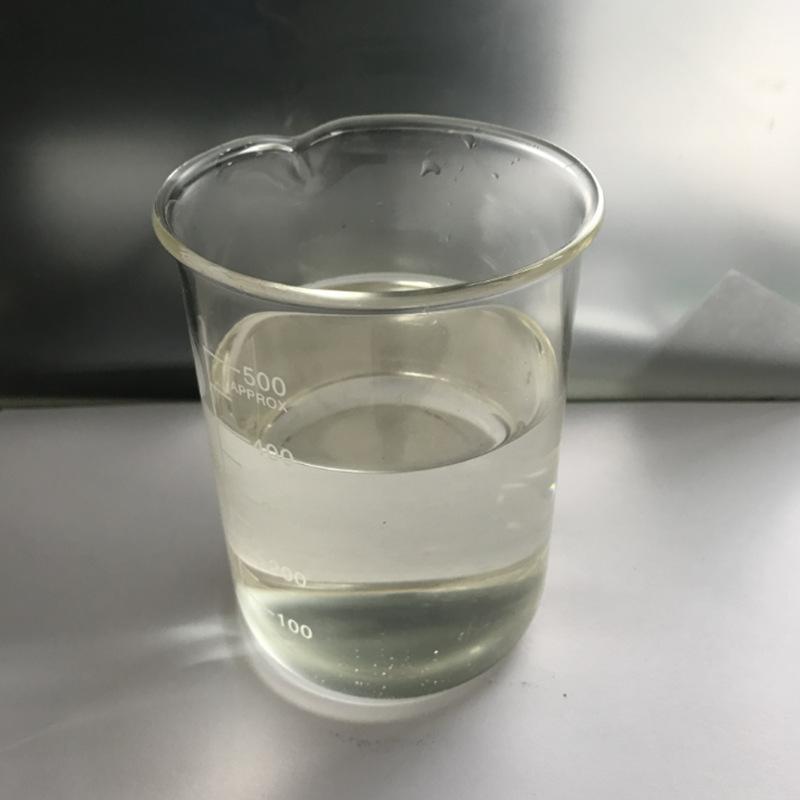[Alias]Chlorosulfonic acid
[Molecular Formula]HSO3Cl

[Properties]Pure chlorosulfonic acid is a colorless oily liquid. Industrial products are generally slightly yellowish, and crude products are black. There is a very strong pungent smell of hydrochloric acid. Relative density 1.753, melting point -80℃. Boiling point 158℃, refractive index 1.437 (14℃). Soluble in chloroform, dichloroethane, tetrachloroethane, and insoluble in carbon tetrachloride and carbon disulfide. It decomposes when it comes into contact with water to generate sulfuric acid and hydrogen chloride. At the same time, it produces a popping sound and a large amount of white mist, which is the same as hydrochloric acid. Pungent smell. It reacts chemically with alkali to generate sulfate and chloride. It can also be decomposed by acids and alcohols. Reacts with organic compounds such as hydrocarbons, phenols and amines to form organic derivatives. Chlorosulfonic acid has a strong dehydrating power. When it comes into contact with skin, clothing, wood, etc., it will immediately absorb water, destroying it and causing it to become carbonized. It is extremely corrosive to ordinary metals in the air, and its other chemical properties are similar to those of concentrated sulfuric acid.
[Use]Used in the manufacture of sulfonamide drugs, pesticides, saccharin, detergents, ion exchange resins, military poison gases and plastics, etc. In the dye industry, it is used to synthesize acid dyes, vat dyes and azo dyes, etc. It is also used as intermediates (such as benzene, anthracene) and sulfonating agents or chlorosulfonating agents for certain dye precursors. Also used as anti-sticking agent and coagulant.
[Brief preparation method]
① The sulfur monoxide gas generated by burning sulfur is catalytically converted into sulfur trioxide, and then reacted with dry hydrogen chloride gas at 130-230°C to produce chlorine Sulfonic acid
② When producing in small quantities, crude chlorosulfonic acid or concentrated sulfuric acid can be used as the mother liquor. First, sulfur trioxide is introduced to absorb it, and then hydrogen chloride is introduced to make the two The gas reacts in the liquid phase to form chlorosulfonic acid.
[Safety and Protection]Chlorosulfonic acid is a first-class inorganic acidic corrosive substance, hazard regulation number: 91012. It should be packed in a special tank truck or a special metal can. The net weight of each can is 5KG. There should be a “corrosive product” mark on the packaging. Store in a cool and dry place. It must not be stored or mixed with oxidants, oils, flammable and explosive materials, etc. In case of fire, yellow sand and dry powder fire extinguishing agents can be used to put out the fire. Water is strictly prohibited.
If the skin is burned if touched, rinse immediately with plenty of cold water and then apply medicinal badger oil.

 微信扫一扫打赏
微信扫一扫打赏

